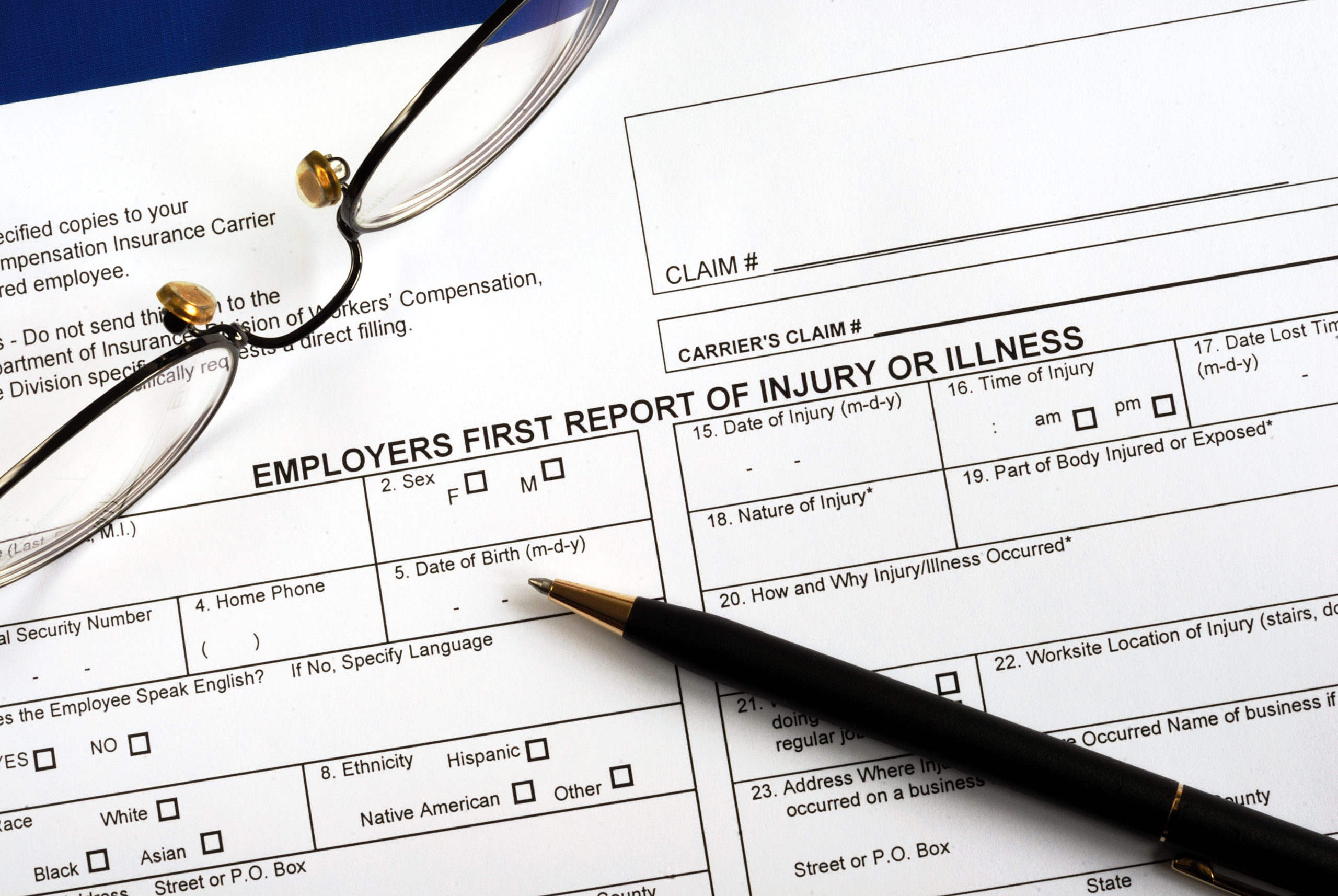Although most injuries in the workplace are covered by employer’s workers’ compensation insurance, there are times when a Florida workers’ compensation claim is denied. Some of the most common reasons workers’ compensation claims are denied include:
- You failed to report your injury or illness to your employer immediately, and therefore missed a crucial deadline.
- There is a dispute regarding whether your injury is actually work-related. Your employer may believe you were actually injured away from work but are claiming it happened in the workplace so that you can try and collect workers’ compensation benefits.
- Your particular condition does not meet Florida workers’ compensation guidelines.
- Your workers’ compensation claim was filed after you were fired or laid off from your job, or after you quit your job.
- You refused to give a recorded statement to the insurance company or refused to sign necessary medical authorizations.
- You failed to obtain medical treatment for your workplace injury.
- There were no witnesses to your workplace injury.
- The initial medical records following your work-related accident indicate the presence of illegal drugs in your system.
Once you know why your claim was denied, you have the right to appeal the denial. Keep in mind, however, that you only have a certain amount of time to file it. In some states, that amount of time can be as short as thirty days. In the state of Florida, while you must attempt to resolve your dispute informally with the insurance company, if those efforts are unsuccessful, you have two years from the date of your injury to file your appeal. If you are appealing a specific benefit, then you must file your appeal petition within one year of your last benefit payment or date of treatment.
Starting the Appeals Process for a Workers’ Compensation Denial of Benefits
To appeal a denial of workers compensation benefits, you must first mail or fax a Petition for Benefits to the Clerk of the Office of Judges of Compensation Claims (OJCC). You will be required to provide claim information that includes the nature of your injury, the specific details of your workplace accident, the benefits you are requesting, and whether the injury left you unable to return to work.
When your petition is received, your employer and the workers’ compensation insurance company will both be notified. At this point, either your workers’ compensation claim will be paid, or the insurance company must respond to the OJCC with 14 days of when your appeal petition is received.
You will then attend a mediation hearing, where a neutral third party will attempt to resolve your dispute. This mediation hearing must be scheduled within 130 days of when you file your appeal petition. If mediation is not successful, your case will be assigned to a special workers’ compensation judge, who will schedule a pretrial hearing. Although you are not required to hire an attorney for your workers’ compensation appeal, Florida workers’ compensation appeals are complex, and the insurance company will most certainly be well-represented.
Within three months of the pretrial hearing, the final hearing will take place. You will present your evidence at this hearing, as will the insurance company. After the final hearing has concluded, the judge will review all the evidence and issue a written statement within 30 days. If the decision is not in your favor, you still have one more avenue, which is to appeal to the First District Court of Appeals. You must file this appeal within 30 days. At this level, keep in mind that your appeal could take a year – or more.
Has Your Workers’ Compensation Claim Been Denied?
If you have been denied workers’ compensation benefits you believe you are entitled to receive, contact a knowledgeable Florida workers’ compensation attorney today. At Sternberg / Forsythe, our workers’ compensation attorneys are conveniently located in West Palm Beach, Boca Raton, and Orlando. We can help you with any workers’ compensation claim, regardless of where you were injured in Florida. Contact us today at 561-687-5660 for a free consultation and review of your case, or fill out our confidential contact form and someone will call you back.

